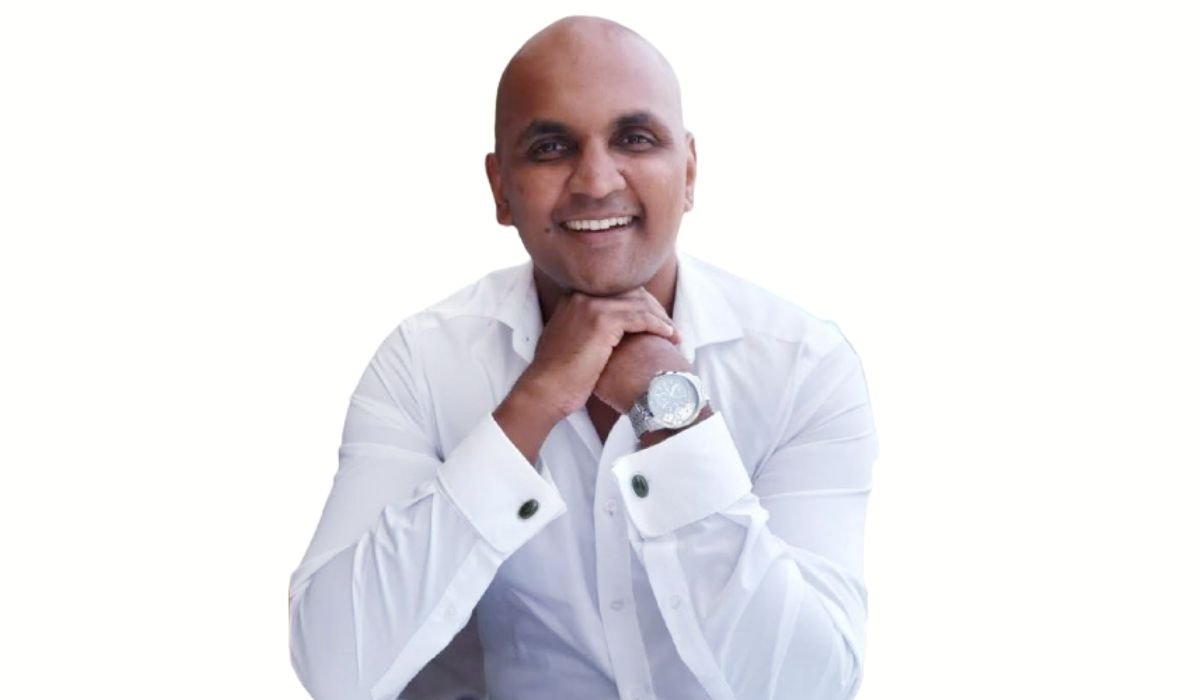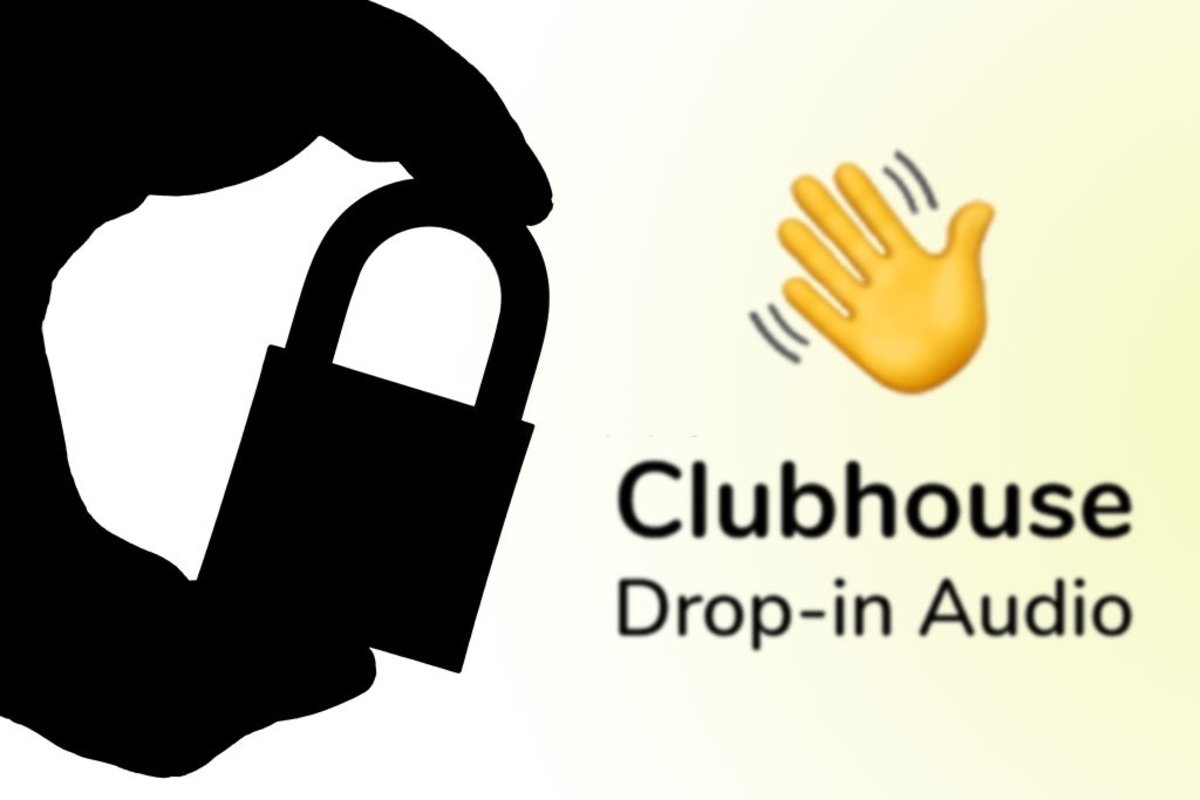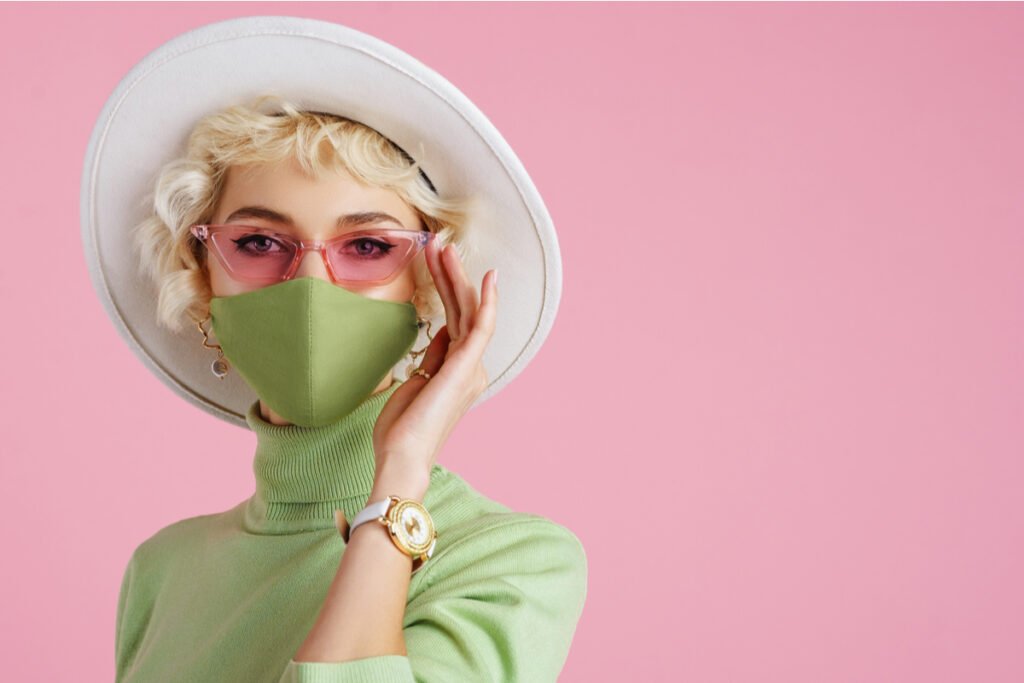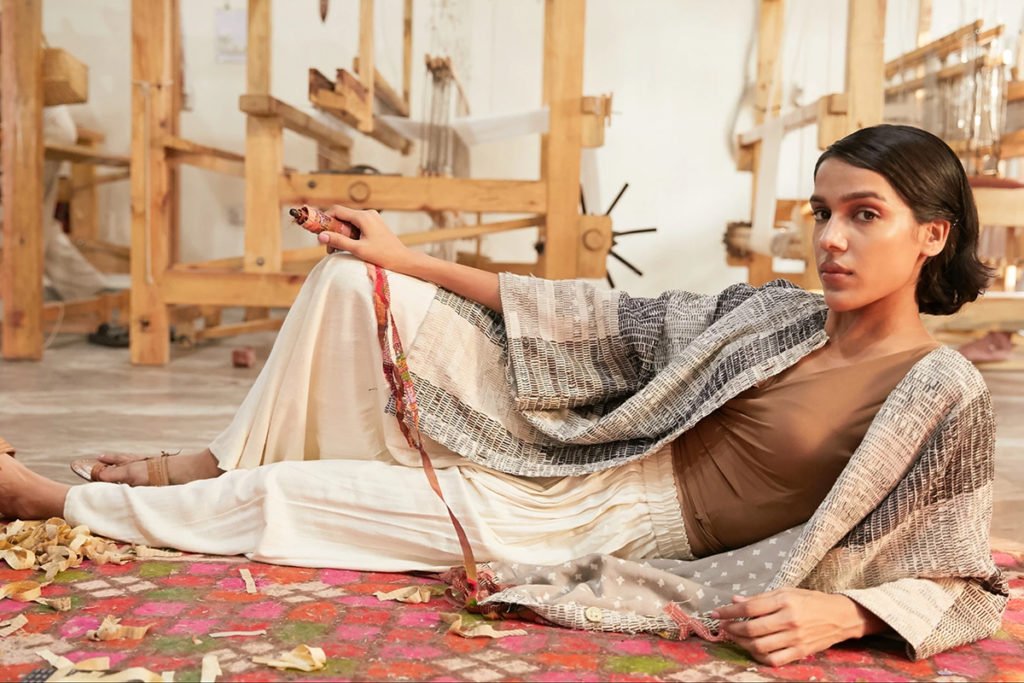You either listen to podcasts or have already started your own. And if not, then the idea of starting one with your friends has already been discussed. But are podcasts worth the hype, and do you have what it takes to be an engaging podcast host?
Our curiosity about podcasts increases as their popularity rises day by day. We have a lot of questions, and there is only one person who stands fitting to answer these. Someone who saw that the mainstream genre of horror was highly Westernized and had little of Indian culture and mythology, and changed that within three years. Someone whose unending love for crime and horror and hours of hard work put in research and writing made his podcast show not only the most critically acclaimed but also a Spotify Exclusive and is now much celebrated by crime and horror aficionados in India.
We ask Nikesh Murali, a critically acclaimed, multi-award-winning writer, voice-over artist, and the host of the podcast show — Indian Noir.

Why are podcasts gaining popularity nowadays?
I think people are fatigued from looking at screens all the time. Screens have become a mode of active consumption, and sometimes people do not want to look at their screens but still want to consume content. Podcasts have become an excellent passive consumption product that can inform you, entertain you, and allow you to multitask while you are cleaning dishes or your house or going for a walk. I think a huge listenership for podcasts comes from people who are stuck in traffic, and podcasts make their time quite valuable, especially when they are just fatigued by looking at their screen constantly and have watched their ten millionth cat video on YouTube!
How to start and grow a podcast? Any tips for beginners?
In terms of tips for beginners, I think you have to produce content in an area you have expertise in. It does not have to be something you have a lot of expertise in, but if it is an area you have some expertise in and are hoping to build more, that will do. For example, a psychology student could start a podcast while studying and continue it when they are a professional navigating through life, and explore various topics of personal and professional interest. This is one example where your expertise can derive content.
For growing your podcast, it is important to constantly work on and improve your narration, production, audio quality, and the most important thing in today’s era of content creation is regularity. If you are not regular, the algorithm will not prioritize you, and if your audiences return to find that you have not updated in a week, they are just going to switch to someone else who is regular.

Why are influencers choosing to start podcasts instead of YouTube channels?
Influencers shifting over to the audio medium is because the podcast audience is a captive one. They are people who are unlike the Instagram audience who look at a phone and swipe away within fractions of seconds. They are people who are interested and passionate about the topics or the personality and are very connected to the content delivered there as audio.
Is the cost of producing a podcast lesser compared to visual platforms?
While the cost of production is said to be lesser for audio platforms compared to a visual one, it entirely depends on the genre of your podcast and the SFX you invest in. A horror/crime show like Indian Noir is probably not a good example of low production costs because the expenses are quite high as we use high-quality SFX like libraries, background music libraries, and a lot of plugins to process those kinds of sound effects. So there is a fair amount of cost which would be equivalent to what video productions cost. But I think these expenses are getting cheaper every year, and I believe you can do podcasts in a very cost-effective manner, and it does not have to be done the way it is done by Indian Noir, for example. So, yes, I think podcasts are one of those mediums that are very budget-friendly.
What are the preparations you need to prepare your content for podcasts?
I think you have to be a fan of the genre and know that genre inside out, and by that I mean to read all the best works in that style across different decades, constantly watch what is the latest in that style — follow it, read it, think about it critically. For the thriller and horror genre specifically, you have to be a good writer. So, it’s a matter of being a machine that consumes a lot of knowledge, and then also being a machine in throwing yourself at the craft and learning all the nuances of writing it. And with podcasting, it’s not just the knowledge side of things that’s important but also the delivery side. So, if you are a person who really enjoys learning, have a dark imagination, and have a bit of flair for telling stories, then know that you will succeed in the horror and crime genres. You also have to be a philosophical person because both these styles are theme-based, and while on the surface they might look like it is about investigating a murder or a haunting, really they are just pondering greater questions in life.
What are the challenges of podcasting in the pre- and post-production stages?
It takes a lot of time to produce content, and I think that is the challenge. Mental endurance —to write, rewrite, edit, narrate, cut the narration, mix it, add SFX then do the editorial listens to make sure that you have delivered the best product you can — all of that takes time. To give you a bit of understanding, it takes 8 and a half hours to produce 15 minutes of content on Indian Noir, but it all depends on the show you’re making. When I was working on fantasy content, it took 140 hours for producing 9-10 hours of content. That is why I would say that the challenges are time, endurance, skills, and the ability to apply these skills repeatedly, week after week.

What are the features a good podcast host must have?
It is important to have a good personality as a host. You need to work on how you use your voice to deliver the information no matter what the genre is. I think you need to have the patience, skills, and grit to produce content regularly, especially in that long period when there will be no monetization; no fanfare and nobody cares about what you are making. If you’re the kind of person who would respect even the 3 people who come up and listen to you, then in a lot of ways you are a pretty good artist, because that is the mark of a real artist. Respecting your audience and doing your best for them is essential.
Is it important to have good cover art for your podcast?
Visual branding is important. We live in a world where the visual medium is a king with TV being on the top, and then films, and then audio forms. We have to respect that hierarchy and use that to really enhance your marketing copy and the art that you put out. A good logo, cover art, and a show note is a complete package these days, and people expect great quality. So yes, I pay a lot of attention to cover arts, and I sometimes commission artwork for the shows as it enhances the enjoyment when people glance at a piece of art.

Is there something like an ‘ideal podcast voice’? What are your tips to sound good?
I don’t think there is anything like an ideal podcast voice. People will connect with you and enjoy your personality. So I don’t think you should worry about your voice. In terms of tips for a good voice in podcasts — slow down, and focus on your pronunciations. I keep a pronunciation guide with me and try to correct and learn. And if you are not confident in delivering lines, then you can do public speaking courses or improv theatre, which are some of the best ways to improve your line deliveries, especially if you’re doing fiction podcasts, and there are plenty of courses on Udemy that you possess at your disposal.
Nikesh Murali’s Indian Noir reflects his zeal and dedication to localizing grim and gory genres. Be it his phenomenal gripping scenes or his much-adored cover art, Nikesh has garnered for himself a community that stands by his work. 2020 has unlocked a lot of potential for audio platforms as well as millions of listeners making podcasts a favourable destination to aspiring content creators.






5 Comments
Angela
August 8, 2021 at 2:52 pm
This was ao informative! Well done Safiya, so proud of you.
shabana sheikh
August 8, 2021 at 4:28 pm
Very Informative. Love how it’s to the point yet very descriptive! Great work, Safiya.
Joshua Benjamin Victor
August 9, 2021 at 10:10 am
You always ask the right questions. I’m sure this would give aspirants confidence to start a podcast. Clear cut. To the point. I love it through and through. Something about gaming next? 😉
Archana Murali
August 10, 2021 at 3:14 am
Amazing interview Safiya!!
Younus Khan
September 16, 2021 at 9:25 am
Good going Safiya – Always proud of your accomplishments!